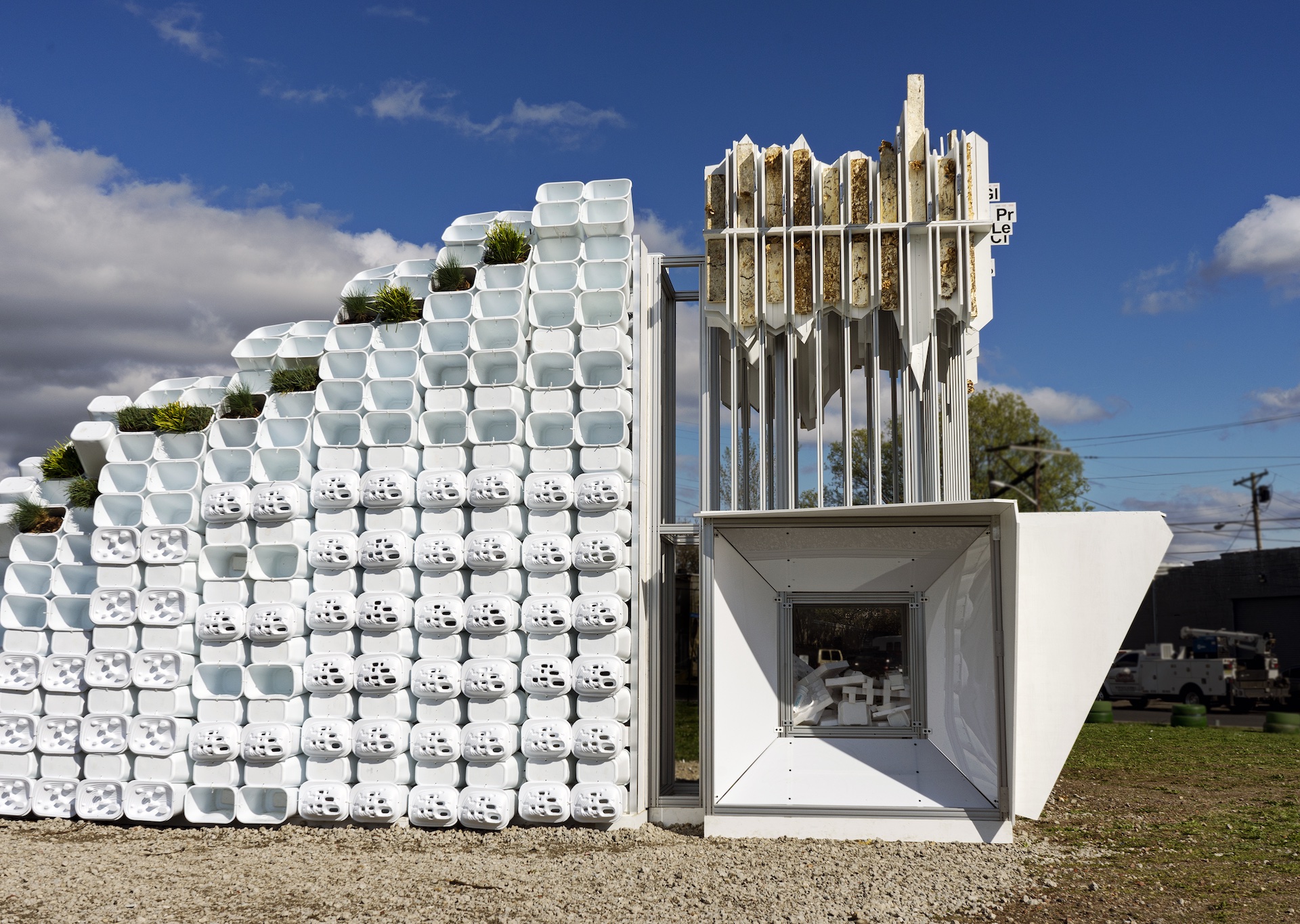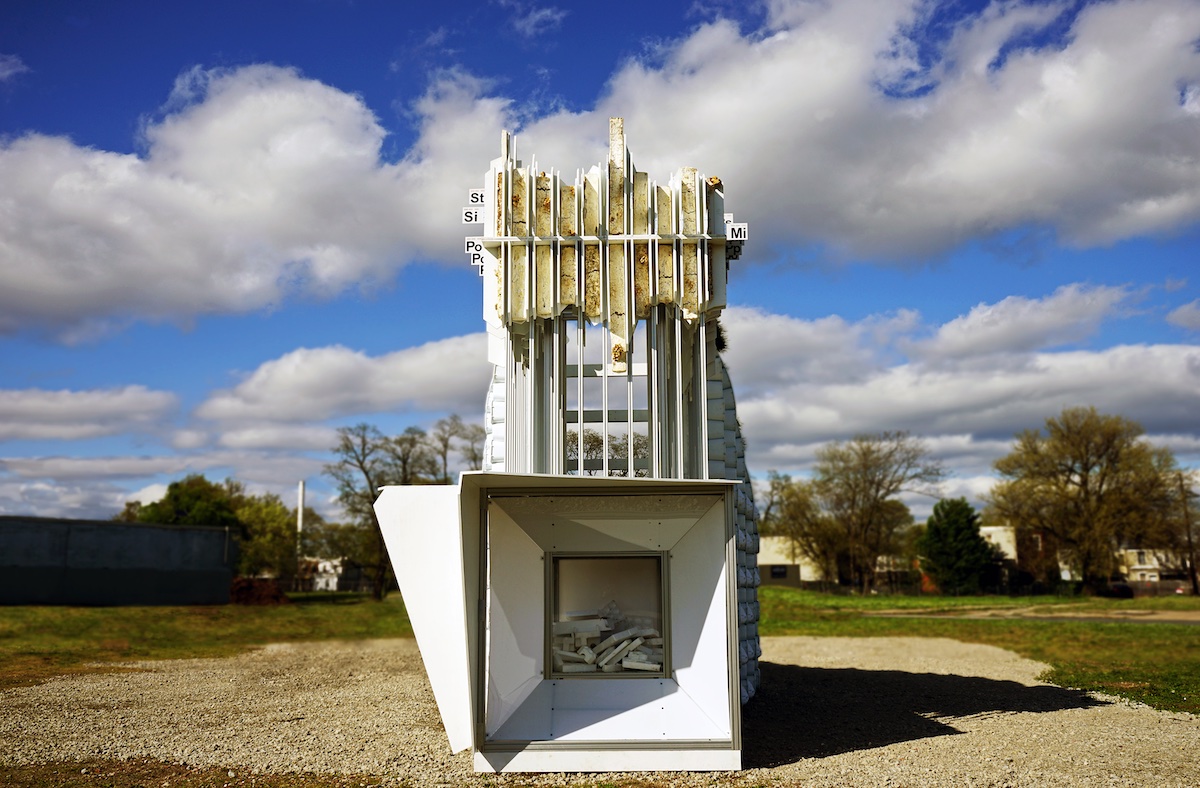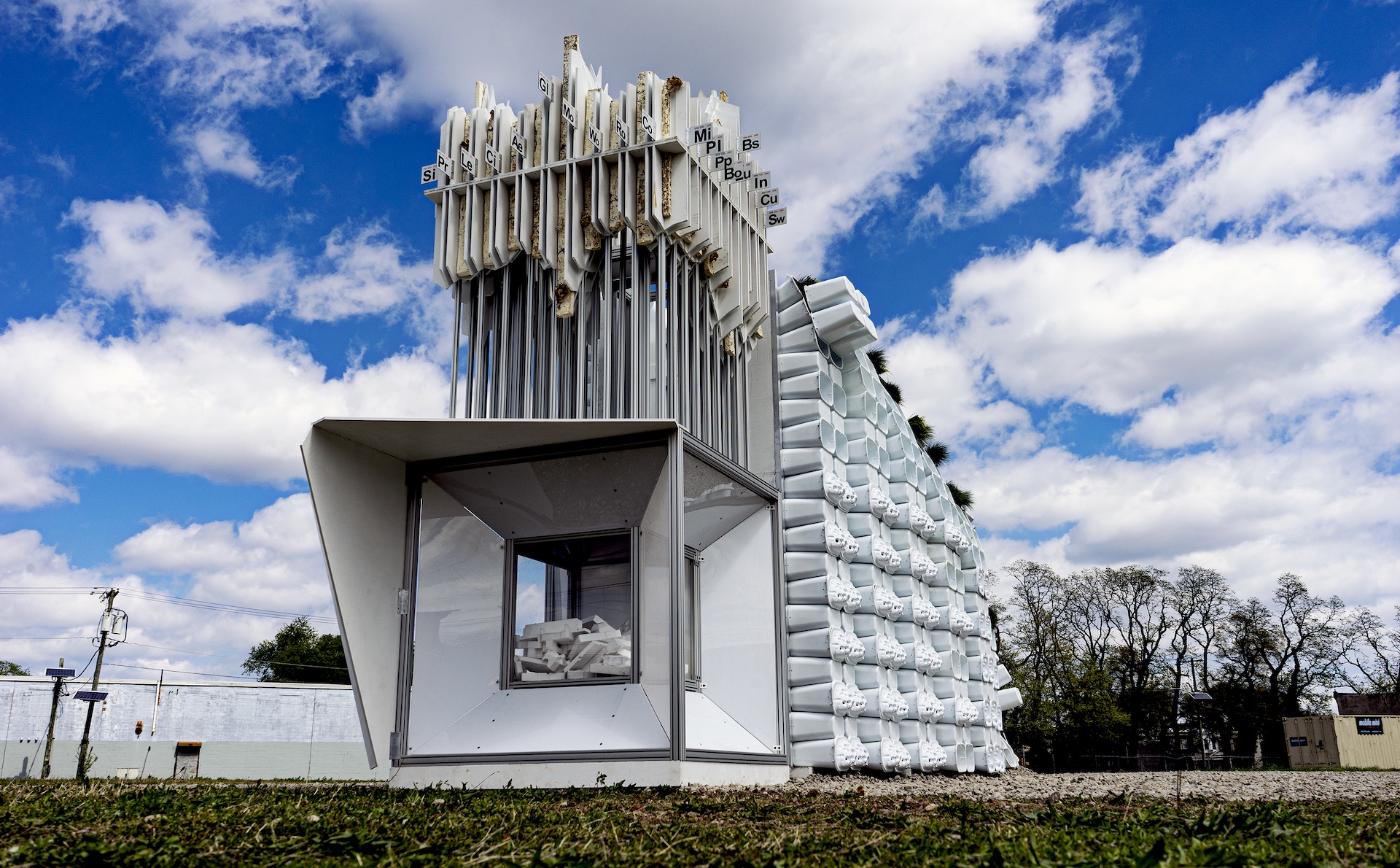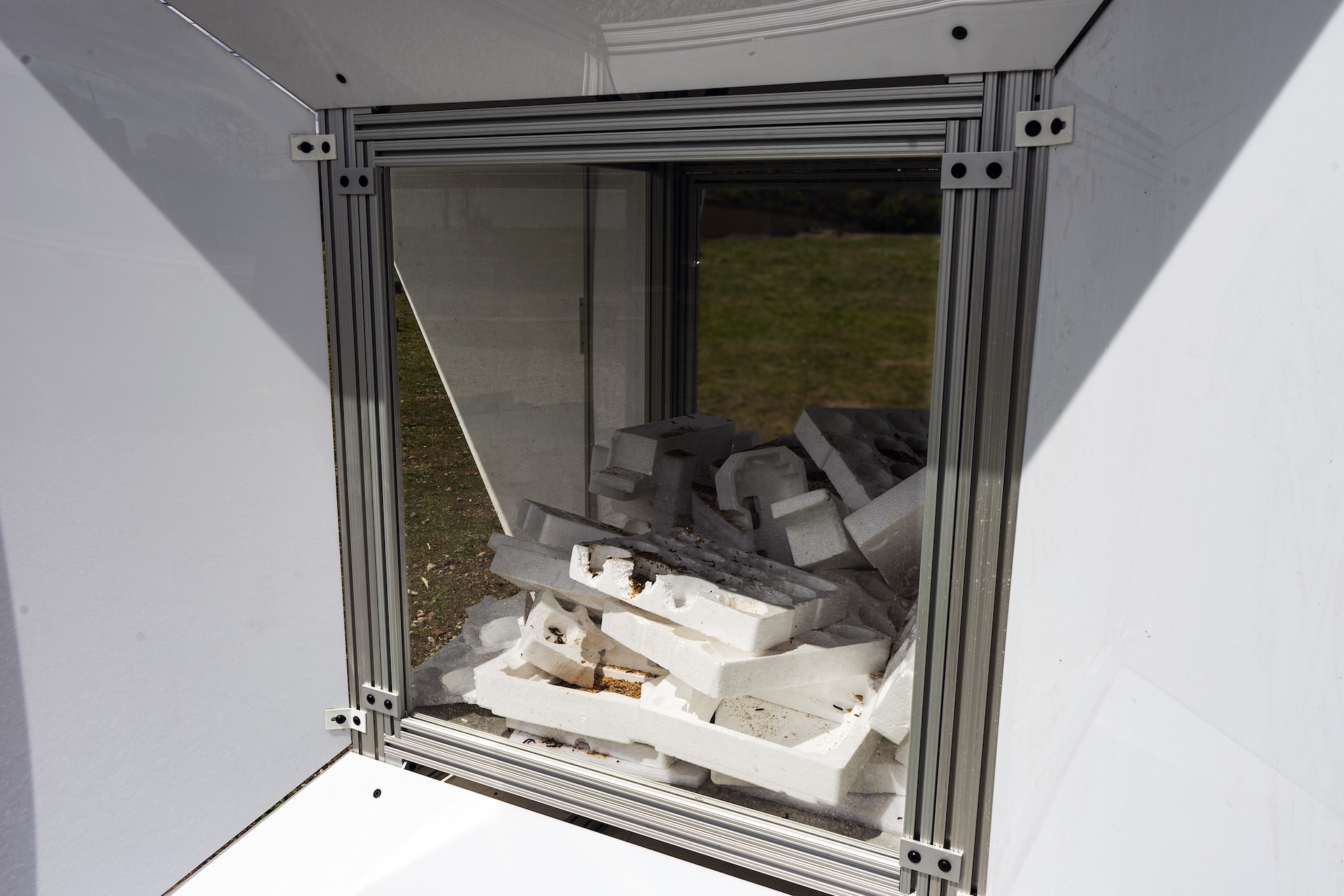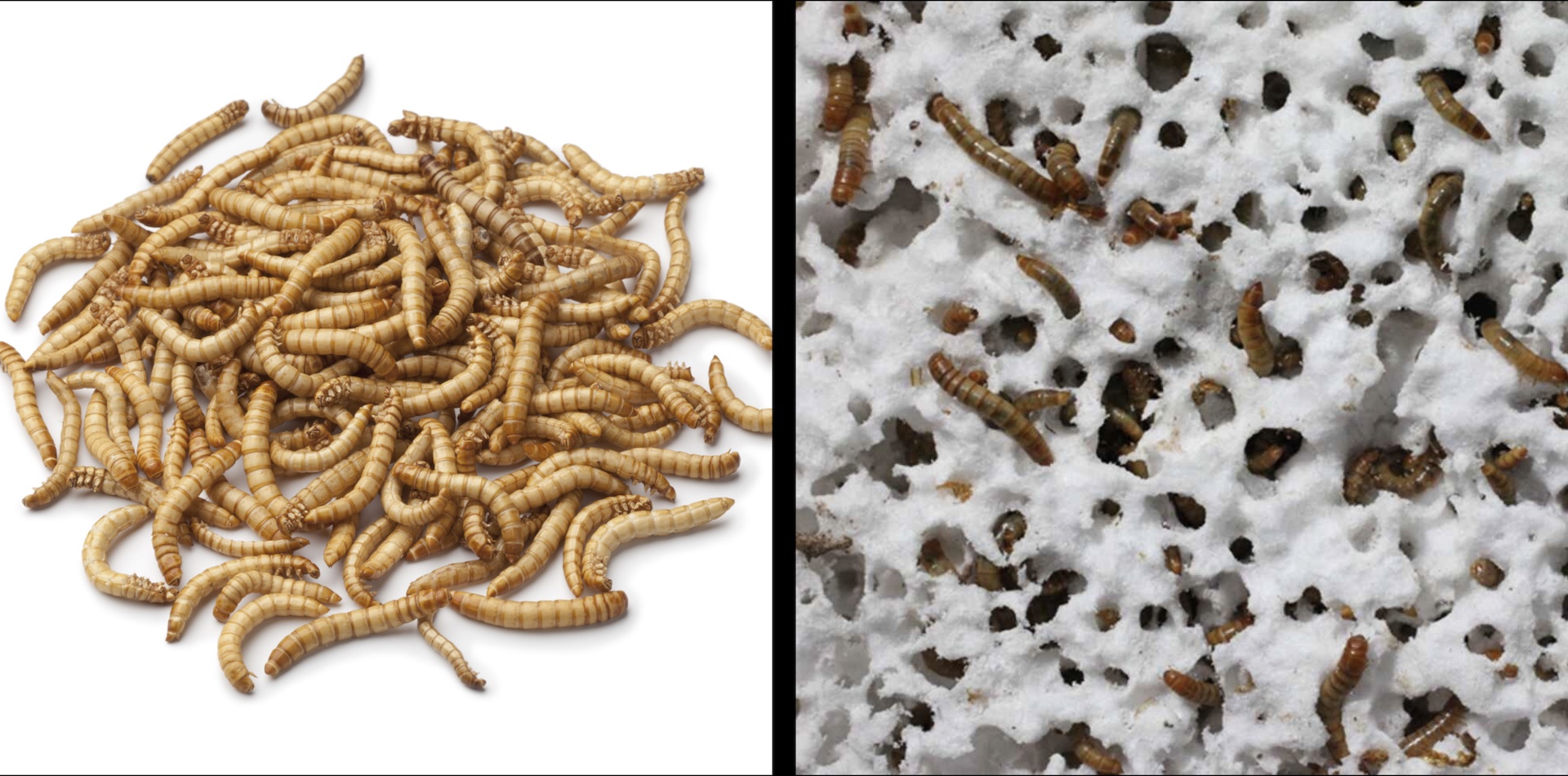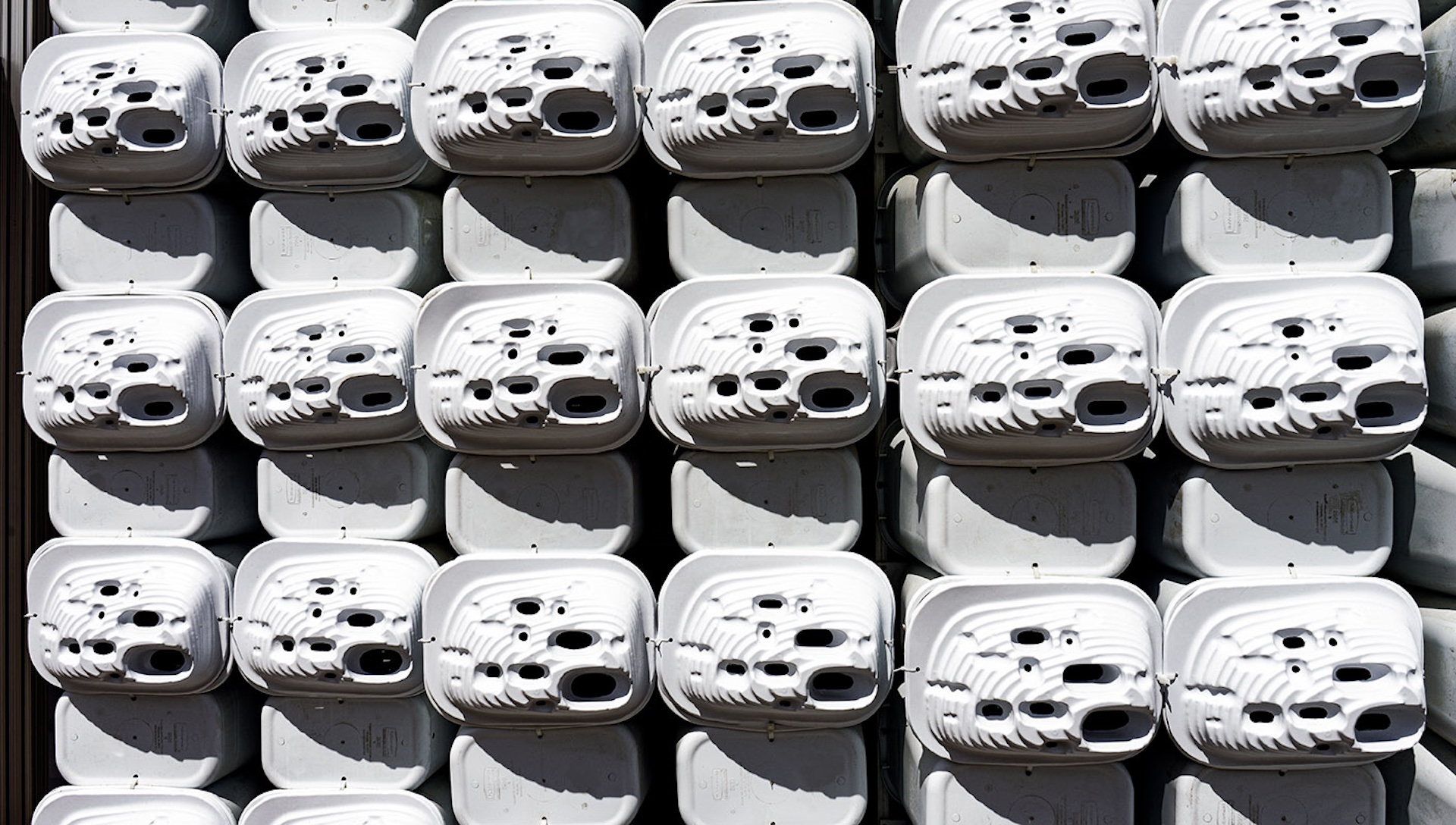2021 | Professional

Bio-Informatic Digester
Entrant Company
Terreform ONE
Category
Architectural Design - Other Architectural Design
Client's Name
Bloomberg Philanthropies/ New View Camden
Country / Region
United States
A public architectural instrument that utilizes living mealworms to decompose Styrofoam packaging e-waste into safe compostable mulch for gardening. Styrofoam refuse is thought to be non-biodegradable as it is extruded from synthetic aromatic hydrocarbon monomer styrene. However, mealworms (Tenebrio molitor) have the uncanny ability to reduce and mineralize the polystyrene into a perfectly safe compostable elements. At the project base, the transparent tesseract cube showcases mealworms devouring community donated Styrofoam. On the top of the cube, mycelium panels reveal a graph that compares the natural erosion times of various common waste materials. The public can visually see how incredibly long it takes for most discarded synthetic waste items to degrade within an environmental context. This project demonstrates a new method of regenerative biologically-driven upcycling that contributes to increased urban biodiversity. Furthermore, the project maximizes the often-unseen beneficial behavior of insects. Instead of burying in landfills or hiding urban metabolic infrastructure, reversing its presence becomes a desire. It will offer the public the capacity to see waste, energy, and agricultural systems in flux –odorless and easy to manage, as mealworms are commonly produced for livestock across the globe. An accessible metal slot and chute on the top is meant for feeding the digester your own discarded e-waste materials. Over a 1-3 month duration the mealworms devour all of the plastic components into frass. About 100,000 mealworms consume a cubic meter of polystyrene per month. People can see their waste disappear online with our time-lapse camera setup or return and see it in person. A composting system by these benevolent organisms is feasible because of the speed of breeding of mealworms and the lightweight/ low density characteristics of polystyrene is advantageous for bio-based consumption. Hundreds of bins in the back of the system function as a vertical insect farm to grow more mealworms for the digester unit at the head. The insect farm bins also provide modular volumes to grow local pollinator plant species to increase biodiversity on the site.
Credits
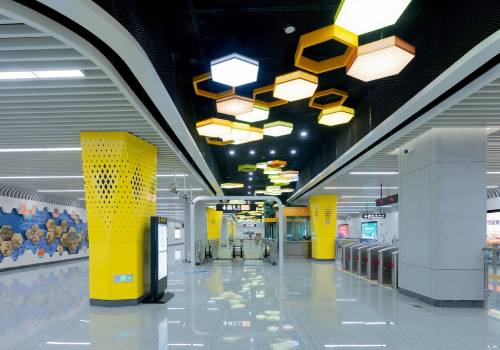
Entrant Company
Shenzhen Grandland Group Co., Ltd.
Category
Interior Design - Civic / Public

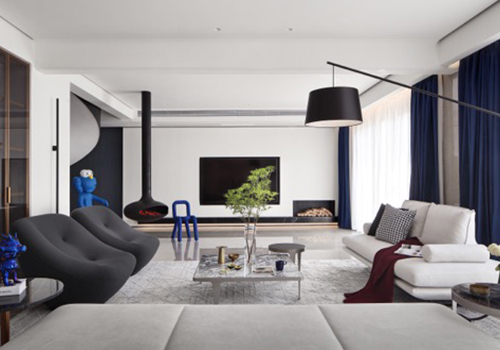
Entrant Company
NorthRock Design
Category
Interior Design - Residential

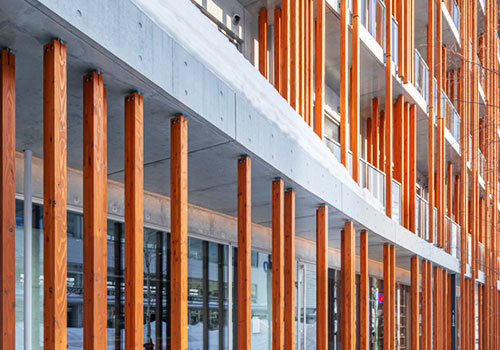
Entrant Company
SAAD - sudo associates, architecture and design
Category
Architectural Design - Hospitality

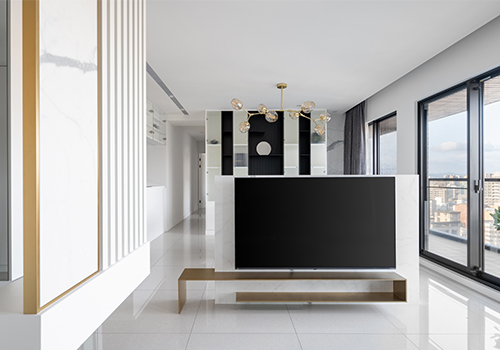
Entrant Company
ONE Research Design
Category
Interior Design - Residential



